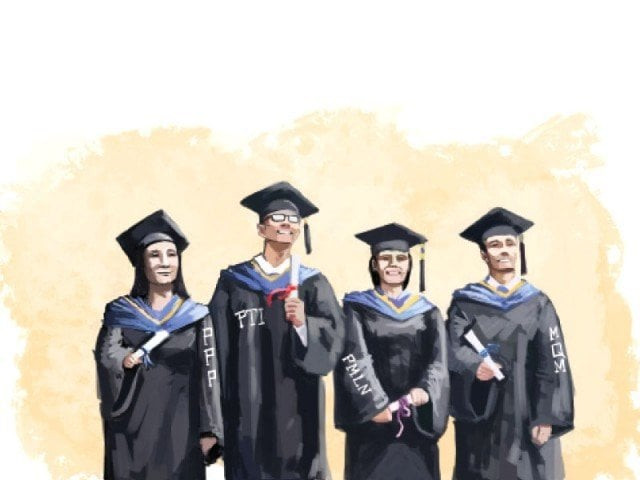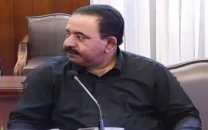University teachers reject amendments in Sindh University Laws Act
FAPUASA to meet on Monday to decide future course of action

PHOTO: EXPRESS
"I don't have words to condemn this new attack on our academic independence," said Prof Naimatullah Laghari, Federation of All Pakistan Universities Academic Staff Association (Fapuasa) Sindh President. He led a delegation that met Chief Minister Murad Ali Shah on January 31 and returned with the assurance that the 2018 Act's precursors, the 2013 Act and 2014 Act, would be amended on the basis of the recommendations submitted by the association.
"The changes made in the law weren't discussed with us. They are disastrous," he said, giving his reaction to The Express Tribune over the third amendment since 2013 in the law that regulates public universities in the province.
Fapuasa will meet in Karachi on Monday to decide the mode of agitation. The association has been demanding the restoration of self-rule of varsities with minimal intervention of the elected government and bureaucracy.
Banking on assurances: Sindh’s teachers call off indefinite strike
The association has strongly objected to provisions in the new law, which will authorise the government to formulate varsities' admission policies. Now, the government will decide the admission policy not just for the universities but also for constituent colleges and institutes.
The CM has also been vested with the power to remove any vice-chancellor (VC). "The CM shall, in case of substantial allegations of gross misconduct, inefficiency, corruption, violation of budgetary provision, moral turpitude, maladministration and mismanagement, remove the VC after giving him an opportunity of show cause against such removal," reads the 2018 Act.
Another provision opens the door for appointments of bureaucrats lacking academic credentials as VCs. "... [VC] shall be an eminent academic or a distinguished administrator," reads the Act.
Moreover, the qualification and experience for the post of VC have also not been clearly defined.
The balance of representation in the syndicate, which is the supreme body of a public sector university, has also been changed in favour of the government. Among the 22 members in a syndicate, 12 will be representing the government. They include two senators, an MPA, three provincial secretaries, Planning and Development Board chairperson, and three persons of eminence, one religious scholar and one woman to be nominated by the CM.
Varsity teachers not satisfied by HEC performance
"Institutions of higher education are on the verge of falling prey to greedy politicians," lamented Dr Shakeel Farooqi, general secretary of FAPUASA's central chapter. "The latest amendment has opened the doors for political interference. Snatching almost all powers of the VC by a purely political office is an act of denial of the constitutional rights of autonomy," he said.
Dr Farooqi argued that it is the right of the academics to make academic policies, including those related to admissions. He was of the view that the amendment should be challenged in a court of law.
"There is a need to maintain checks and balances over a VC. But this ought to be done by a body like the syndicate rather than by an individual who holds a political office," contended Sindh University Teachers Association General Secretary Dr Azhar Ali Shah. The CM had assured that the draft bill would be shared with Fapuasa before it was tabled in the Sindh Assembly but he failed to fulfill his promise, he said. According to Dr Azhar, the draft was shared after it was tabled in the assembly.



















COMMENTS
Comments are moderated and generally will be posted if they are on-topic and not abusive.
For more information, please see our Comments FAQ